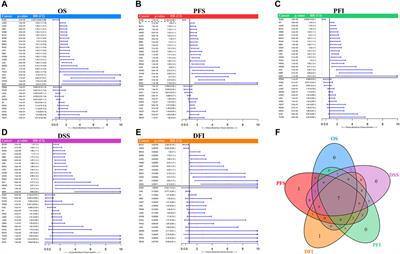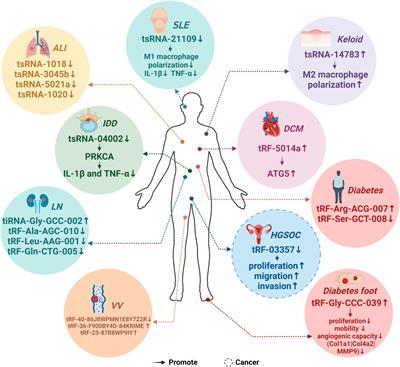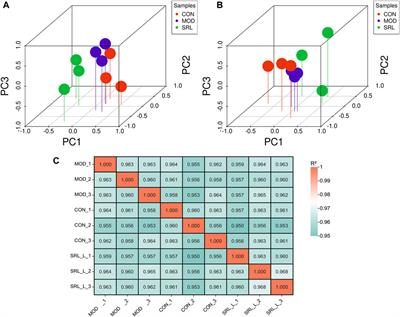ORIGINAL RESEARCH
Published on 09 Apr 2024
LINC01614 is a promising diagnostic and prognostic marker in HNSC linked to the tumor microenvironment and oncogenic function

doi 10.3389/fgene.2024.1337525
- 1,629 views
- 1 citation
3,947
Total downloads
11k
Total views and downloads
ORIGINAL RESEARCH
Published on 09 Apr 2024

REVIEW
Published on 26 Mar 2024

ORIGINAL RESEARCH
Published on 12 Mar 2024

ORIGINAL RESEARCH
Published on 06 Sep 2023
